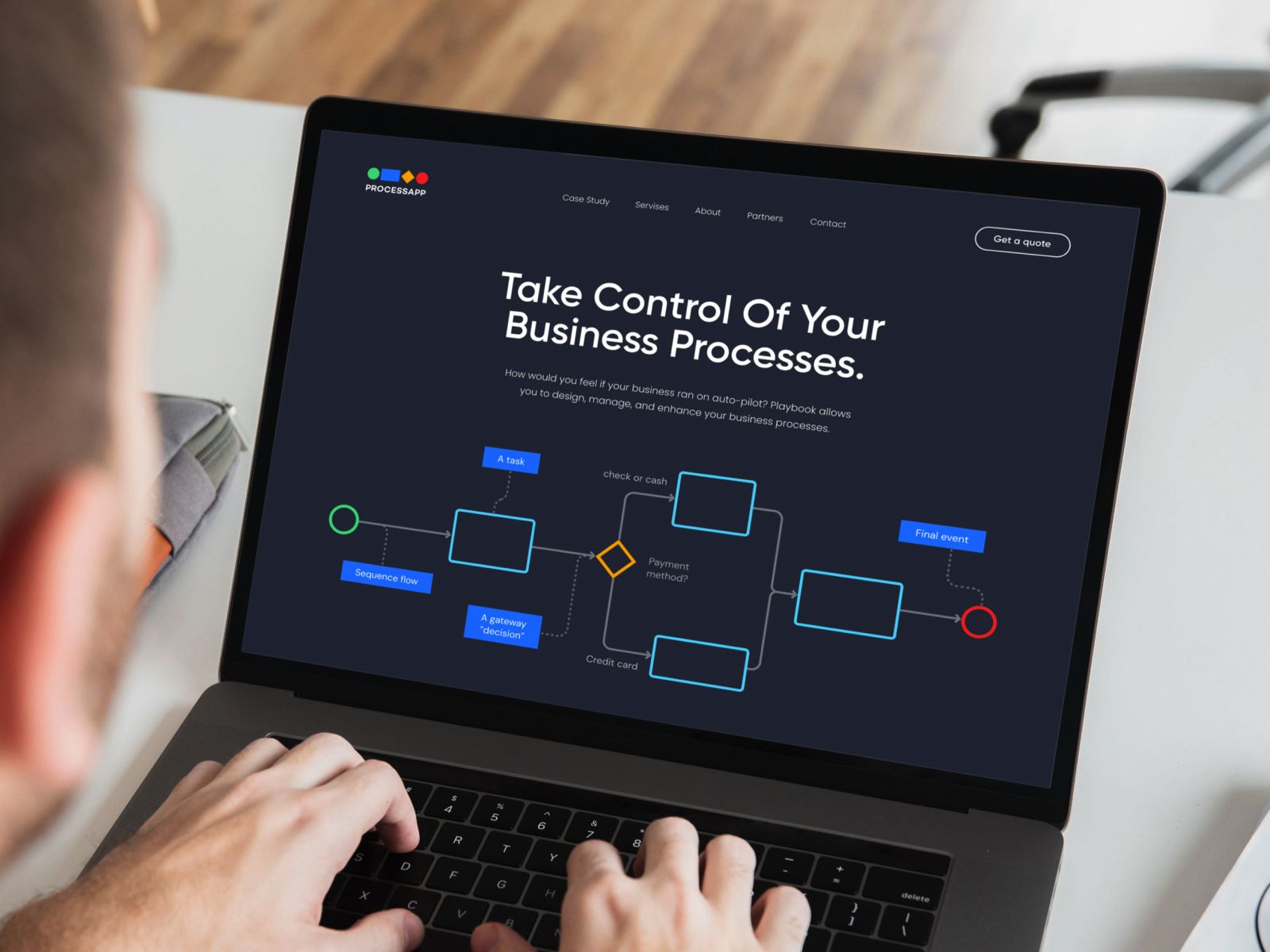

How to avoid calls dropping and increase sales by doing cold calling?
Colleagueswhoruncompaniessimilartominelikerepeatingthatinthisfield,oneyearofworkisequaltofiveinanordinarycompany,andIagreewiththem.Youneedahugeknowledgebasethatisupdatednon-stop,theabilitytomultitask,andflexibilityofthinking.Butalltheeffortpaysoffwithatremendousamountofexperience,whichIhopeallowsmetoexpressmythoughtsaboutcoldcallinginB2Btoday.

How did we not transfer the call center for outsourcing, but connected it to WhatsApp?
Businessesdonotnecessarilyneedtoorderacomprehensivebusinessprocessingoutsourcingbposervicetoincreasetheirprofitability.Sometimesasmallbutprofessionallydoneanalyticalworkisenoughtogetresults.

How does the business process of outsourcing company turn bad leads into good ones?
Asisoftenthecase,thesalesdepartmentatOverallRatingwasformedwithoutaclearplan:whentheorganizationwassmall,asecretarywasinvolvedinproductpromotion,thenanemployeewashiredtohelpher,thenanother,andathird.
